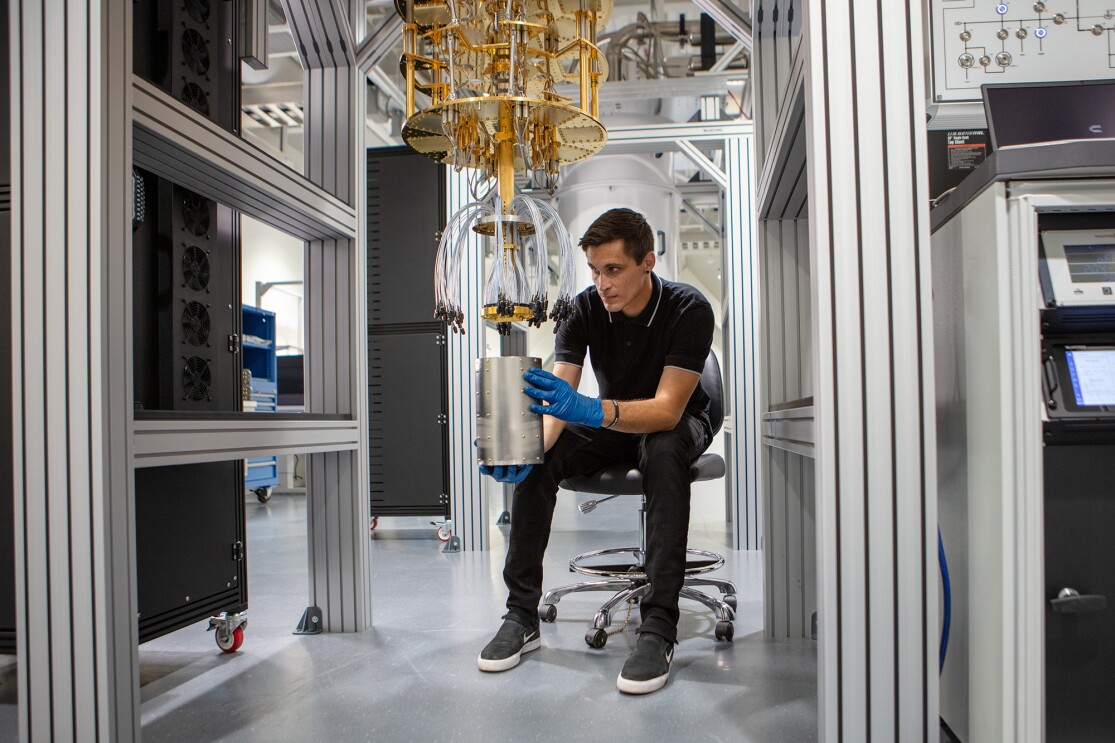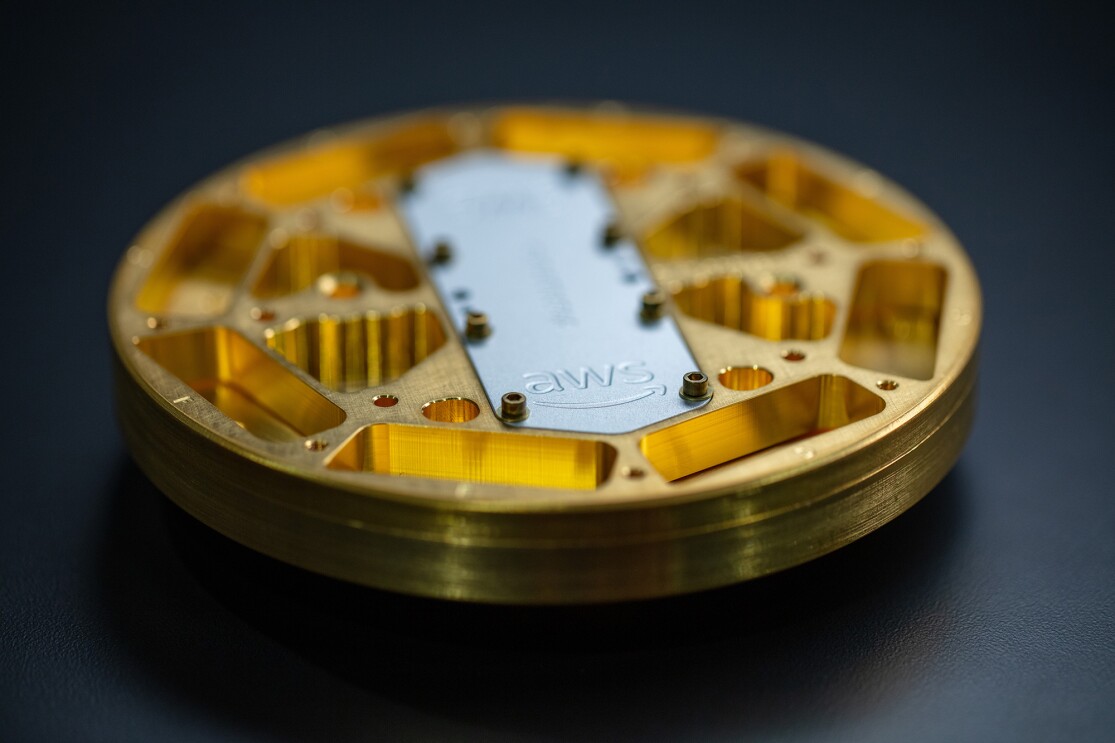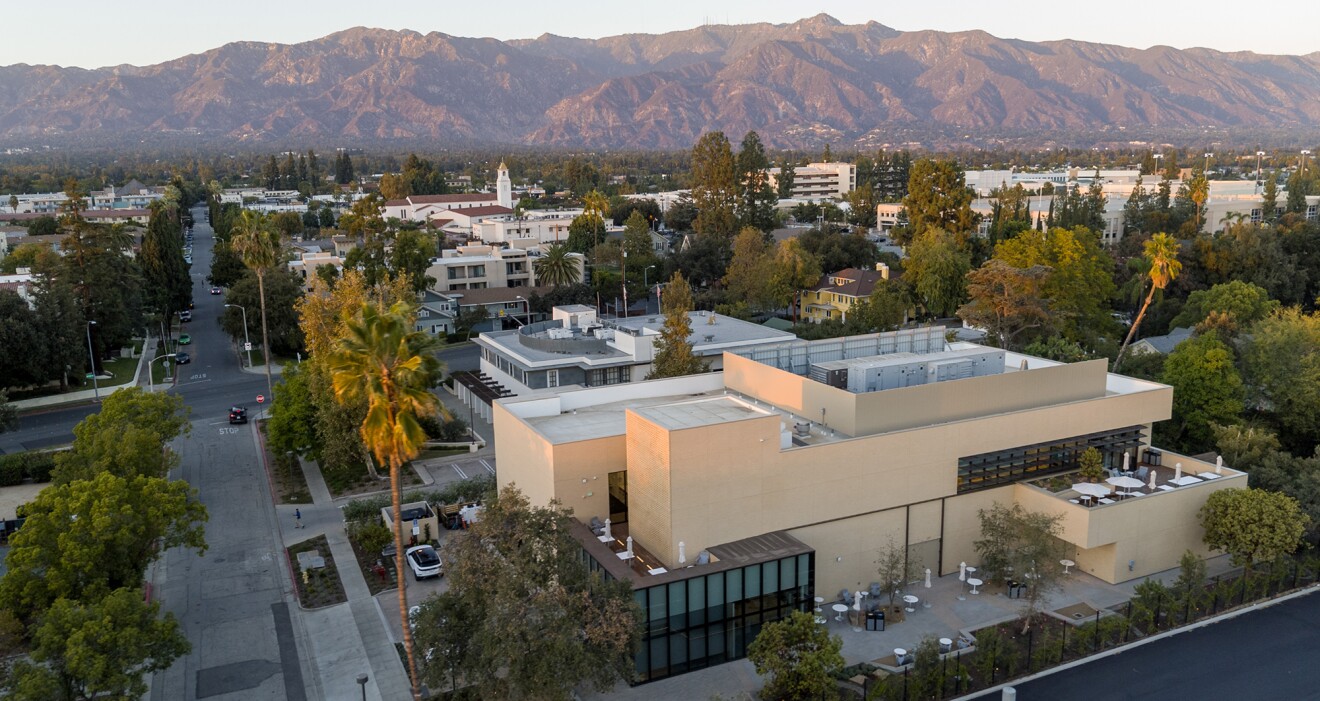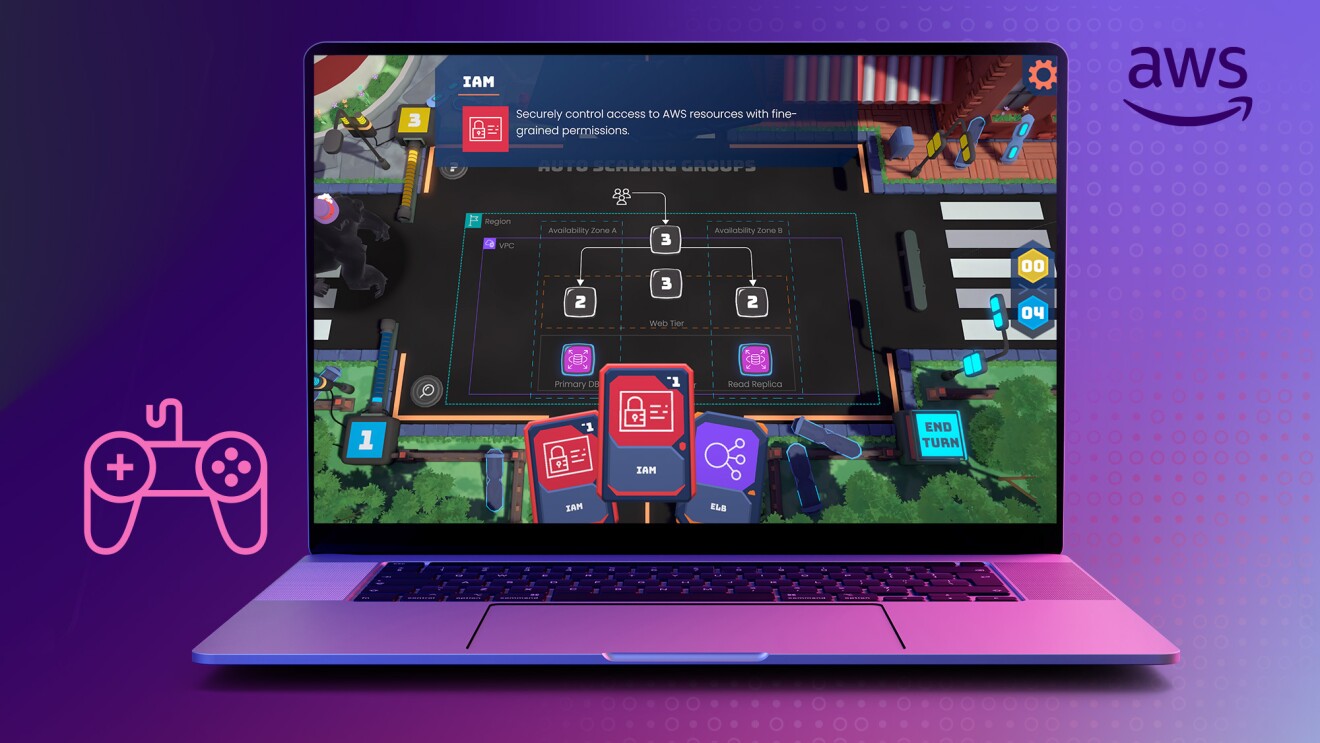Quantum computers have the potential to drive major advances in everything from medicine, to manufacturing, to the way we produce materials.
But while quantum computers could help us solve problems currently out of reach of conventional computers, they are also much more prone to making mistakes—mainly because they are incredibly sensitive to the smallest changes in their environment.
Amazon launched the AWS Center for Quantum Computing in 2019 with a goal of accelerating the development of quantum computing technologies and applications. Now, the company is launching a new facility for quantum computing at the California Institute of Technology (Caltech) with the ambitious goal of building a "fault-tolerant" quantum computer. Teams will focus on developing more powerful quantum computing hardware and identifying new applications for quantum technologies.
Here are five challenges they'll be wrapping their heads around:
Making more and better qubits
Conventional computers use bits—usually represented as a value of 1 or 0 in code—as their most basic unit of information. A bit can be anything with two distinct states. For example, a light that is either on or off, or a door that is either open or closed. But quantum computers use quantum bits, or "qubits"—usually elementary particles such as electrons or photons—to make calculations. Unlike bits, qubits can be manipulated to exist in a quantum state known as superposition, where they are both 1 and 0 at the same time, as well as all the possible states in between. This, along with some other equally mind-bending behaviors of qubits in a quantum state, allow quantum computers to perform certain calculations exponentially more efficiently than any current or future conventional computer. The AWS team will construct qubits from superconducting materials, such as aluminum patterned into electrical circuits on silicon microchips. That's because the techniques to manufacture these are well understood, making it possible to produce many more qubits, in a repeatable way, and at scale.
 An AWS quantum hardware engineer works on a dilution refrigerator. Dilution refrigerators can cool the quantum processor to temperatures colder than outer space.
An AWS quantum hardware engineer works on a dilution refrigerator. Dilution refrigerators can cool the quantum processor to temperatures colder than outer space.Keeping the noise down
The ability of qubits to exist in a quantum state is what gives quantum computers the potential to be massively more powerful than conventional computers when performing certain calculations. But keeping qubits in this state is—to put it mildly—a massive headache. Even the tiniest changes in their environment (referred to by quantum scientists as "noise"), such as vibrations or heat, can knock them out of superposition, causing them to lose information and become more error prone. The key to building successful quantum computers lies in controlling these errors. One area AWS will be investing in is material improvements to reduce noise, such as superconductors with surfaces prepared one atomic layer at a time, to minimize defects.
Developing a bigger quantum computer
One of the most challenging aspects of building quantum computers is how to scale them up. To go beyond the realms of what's already possible with conventional computers, they will need to be much, much larger than current machines. Today's quantum computers are "noisy" and error prone. The goal for quantum researchers is to scale from a handful of noisy qubits to a machine with hundreds and then thousands of very low-noise qubits. The new AWS facility includes everything the teams need to push the boundaries of quantum research and development, including technologies required to support bigger quantum devices, such as cryogenic cooling systems to protect devices from thermal noise and nanoscale fabrication tools required to construct new forms of quantum circuits.
 A microwave package encloses the quantum processor. The packaging is designed to shield the qubits from noise while enabling communication with the control system.
A microwave package encloses the quantum processor. The packaging is designed to shield the qubits from noise while enabling communication with the control system.Reducing the cost of error correction
Aside from investing in innovations to reduce noise, AWS will also be working on building error correction into quantum computing hardware, using redundant sets of physical qubits to form so-called "logical" qubits, which encode quantum information and can be used to detect and correct errors. Performing error correction in this way is typically very expensive and resource intensive, due the large amount of physical hardware required to generate logical qubits. AWS is researching ways to reduce these costs by designing more efficient methods of implementing error correction into quantum hardware.
Speeding up the clock
There's more to building a useful quantum computer than simply increasing the number of qubits. Another important metric is the computer's clock speed, or the time it takes to perform "quantum gate operations" and do so accurately. (Quantum gates are essentially the building blocks of quantum circuits—the models by which quantum computers make calculations.) This is where superconducting qubits offer an advantage, because they make it easier to speed up quantum gates. As AWS tries to build better qubits, its ultimate measure of success will be the extent to which it can speed up the clock while reducing quantum gate errors.
The AWS Center for Quantum Computing
 AWS Center for Quantum Computing on the Caltech campus.
AWS Center for Quantum Computing on the Caltech campus.The AWS Center for Quantum Computing brings together quantum computing experts from Amazon, Caltech, and other top academic research institutions. The center also offers scholarships and training opportunities for students and young faculty members, helping to support the quantum scientists of the future.
The center's ultimate goal is to build an entirely new type of computer: a fault-tolerant quantum machine able to perform accurate computations beyond anything offered by conventional computing technology at the scale needed to solve complex problems that could have a major impact on how we all live and work.
Trending news and stories









